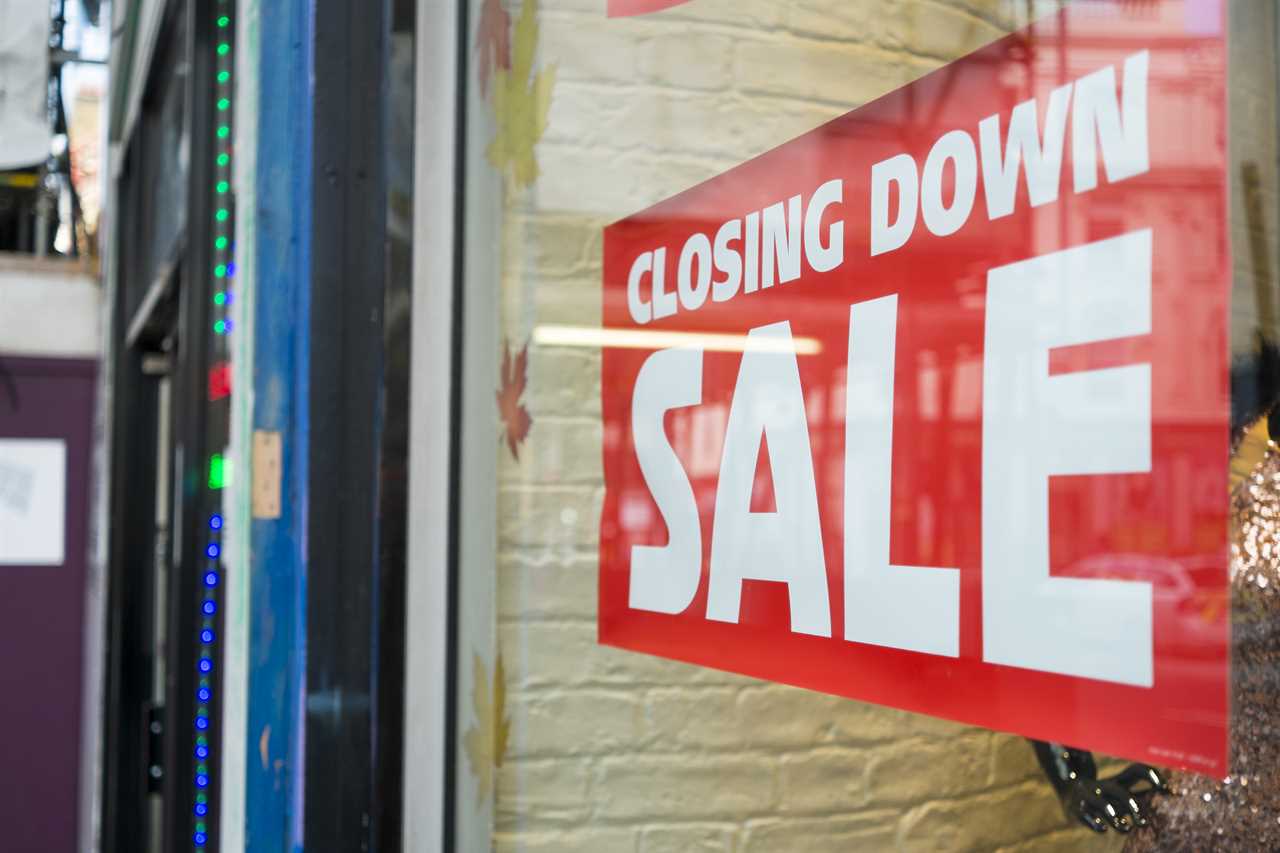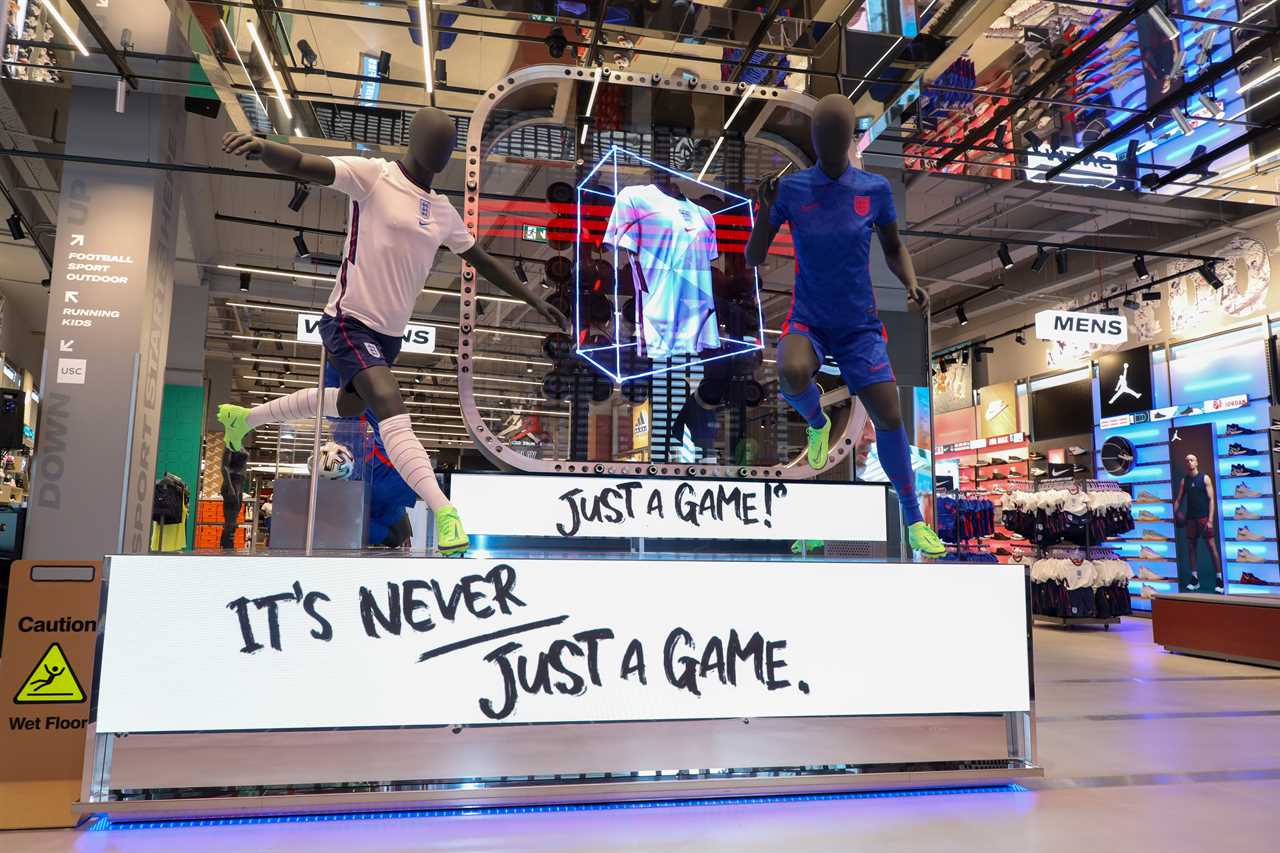
End of an Era for Glasgow's Silverburn Shopping Centre
A prominent UK sports retailer, operating over 500 locations nationwide, is preparing to shutter one of its key stores in Glasgow's Silverburn Shopping Centre. The news has left loyal customers and local shoppers disheartened, expressing their disappointment across various social media platforms.
Community Reacts to the Closure Announcement
Recent signs posted outside the Sports Direct outlet at Silverburn announce the impending closure with a clearance sale offering 20% off full-priced items, though some exclusions apply. Social media feedback has been predominantly negative, with many lamenting the loss of a favourite shopping destination and the impact on local employment.
Staff and Shoppers Share Their Concerns
One concerned user tweeted, "Sad for staff losing their jobs," highlighting the human cost of the store's closure. Others voiced their frustrations about the potential replacement of the store with less accessible options, fearing it signals a decline in the shopping centre's vibrancy.
A Historical Perspective on Sports Direct
Established in 1982 by entrepreneur Mike Ashley, Sports Direct has grown to become one of the UK's largest sports goods retailers. The first store opened in Maidenhead, and by the 1990s, the company had expanded rapidly, reaching over 100 shops and rebranding as Sports Soccer before adopting the Sports Direct name in 2008.

Further Closures on the Horizon
The Silverburn closure is not an isolated case. Sports Direct is also set to close its store in Cambridge, scheduled for April 18, and another outlet in Dundee's Overgate Shopping Centre in the coming months. Both locations will offer significant discounts in their final weeks, providing customers with last-chance bargains.
Implications for the Retail Landscape
The shutting down of these stores marks a significant shift in the retail landscape, raising questions about the future strategy of one of the nation's leading sporting goods chains. While Sports Direct remains a major player in the market, the closures suggest a possible retrenchment or reevaluation of their physical store presence.
Awaiting Official Statements
As of now, Sports Direct has not released an official statement regarding the reasons behind the store closures or the future plans for the affected locations. Local shoppers and staff members await further details, hoping for reassurance and clarity from the retailer.
Looking Ahead
The ongoing closures at Sports Direct outlets across the UK reflect broader challenges facing brick-and-mortar retail in an increasingly online-dominated marketplace. As the company navigates these changes, the impact on communities and customers remains a focal point of concern.
Frequently Asked Questions
How does inflation affect the value of money?
Inflation refers to the general rise in prices over time, which erodes the purchasing power of money. As inflation increases, each unit of currency buys fewer goods and services, meaning that the value of money decreases in terms of what it can purchase.
What is the importance of financial literacy?
Financial literacy is essential for making informed decisions about budgeting, saving, investing, and managing debt. It empowers individuals to understand financial concepts, evaluate risks, and navigate complex financial products, leading to better financial stability and long-term wealth building.
What are the risks associated with investing in the stock market?
Investing in the stock market involves several risks, including market volatility, economic downturns, and company-specific factors that can lead to losses. Investors may also face liquidity risk, where they cannot sell an investment quickly without incurring a loss. Diversification and thorough research can help mitigate these risks.
How can I budget my money effectively?
To budget effectively, start by tracking your income and expenses to understand your spending habits. Set realistic financial goals, categorize your expenses, and allocate funds accordingly. Regularly review and adjust your budget to ensure it reflects your current financial situation and objectives.
What is the difference between saving and investing?
Saving typically involves setting aside money in a secure account for short-term needs or emergencies, while investing involves using money to purchase assets like stocks or real estate with the expectation of generating a return over the long term. Investing carries higher risks but offers the potential for greater rewards.
How can I start saving for retirement?
To start saving for retirement, begin by establishing clear retirement goals and determining how much you need to save. Contribute to employer-sponsored retirement plans, such as a 401(k), and consider opening an Individual Retirement Account (IRA). Regular contributions and taking advantage of compounding interest can significantly boost your retirement savings over time.
What is the role of central banks in the economy?
Central banks manage a nation's currency, money supply, and interest rates. They implement monetary policy to control inflation, stabilize the currency, and foster economic growth. They also serve as lenders of last resort to the banking system during financial crises.
Statistics
- According to a survey by the Financial Industry Regulatory Authority (FINRA), about 66% of Americans could not correctly answer four basic financial literacy questions.
- As of 2021, the average student loan debt for recent graduates was approximately $30,000, according to the Federal Reserve.
- The average return on investment for the S&P 500 over the past 90 years is about 10% per annum.
- As of 2021, the median household income in the U.S. was approximately $67,521, according to the U.S. Census Bureau.
- Research by the National Bureau of Economic Research found that individuals who receive financial education are 25% more likely to save than those who do not.
- The average cost of raising a child in the U.S. is estimated to be around $233,610, according to the U.S. Department of Agriculture.
- A survey by the American Psychological Association found that 72% of Americans reported feeling stressed about money at some point in the past month.
- According to the Bureau of Labor Statistics, the average American spends about $1,500 per year on coffee.
External Links
How To
How To Improve Your Credit Score
Improving your credit score is a gradual process that requires consistent effort. Start by obtaining a copy of your credit report from the major credit bureaus to identify any inaccuracies or negative entries. Pay your bills on time, as payment history accounts for a significant portion of your credit score. Reduce your credit card balances to maintain a low credit utilization ratio, ideally below 30%. Avoid opening new credit accounts frequently, as this can negatively impact your score. Lastly, consider becoming an authorized user on a responsible person's credit card to benefit from their good credit habits. Regularly monitor your credit report to track your progress.
Did you miss our previous article...
https://hellofaread.com/money/rain-or-shine-embrace-the-british-weather-with-a-free-pint
 PoliticsRoyaltySoap OperaGamingMoneyPrivacy PolicyTerms And Conditions
PoliticsRoyaltySoap OperaGamingMoneyPrivacy PolicyTerms And Conditions
